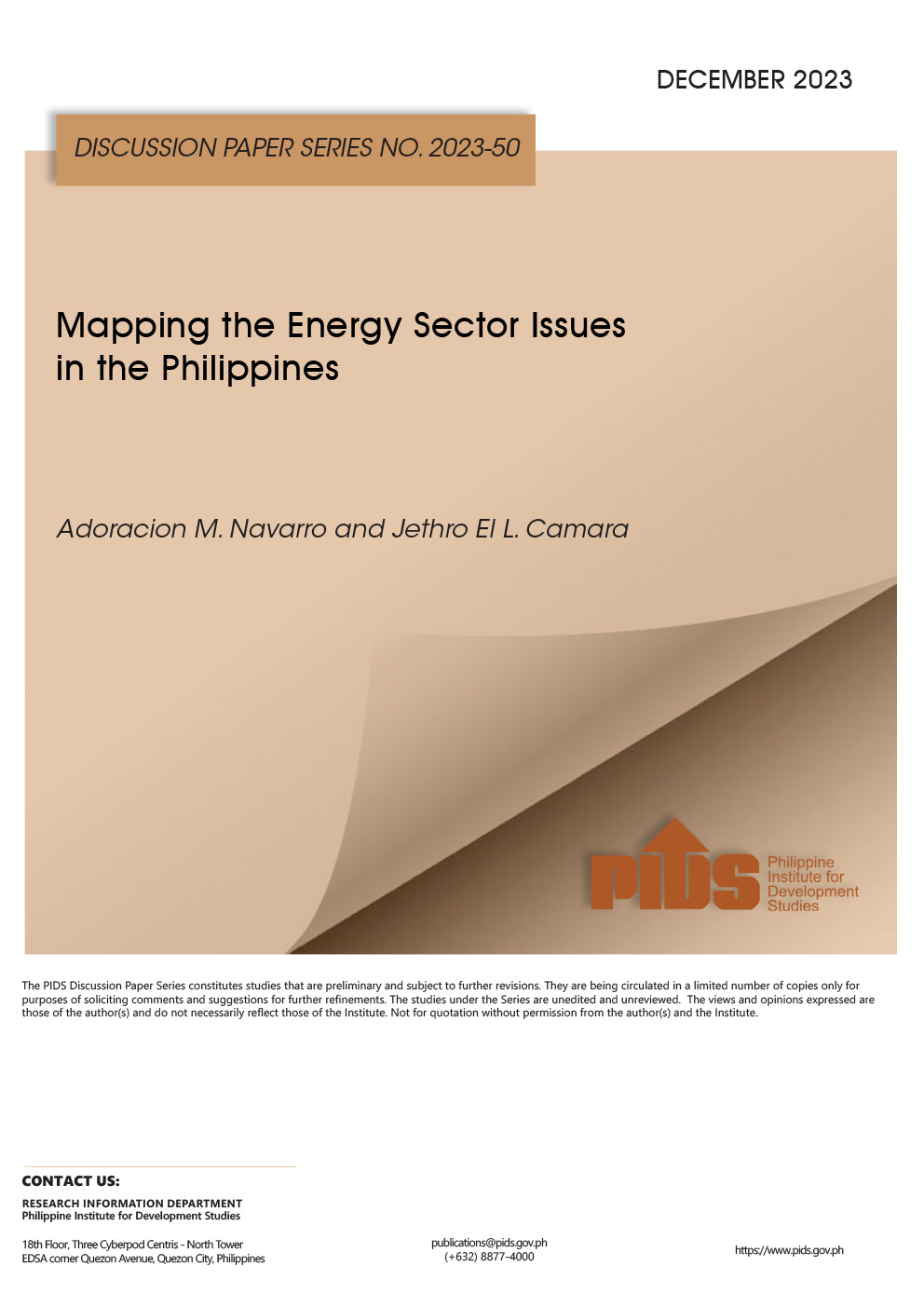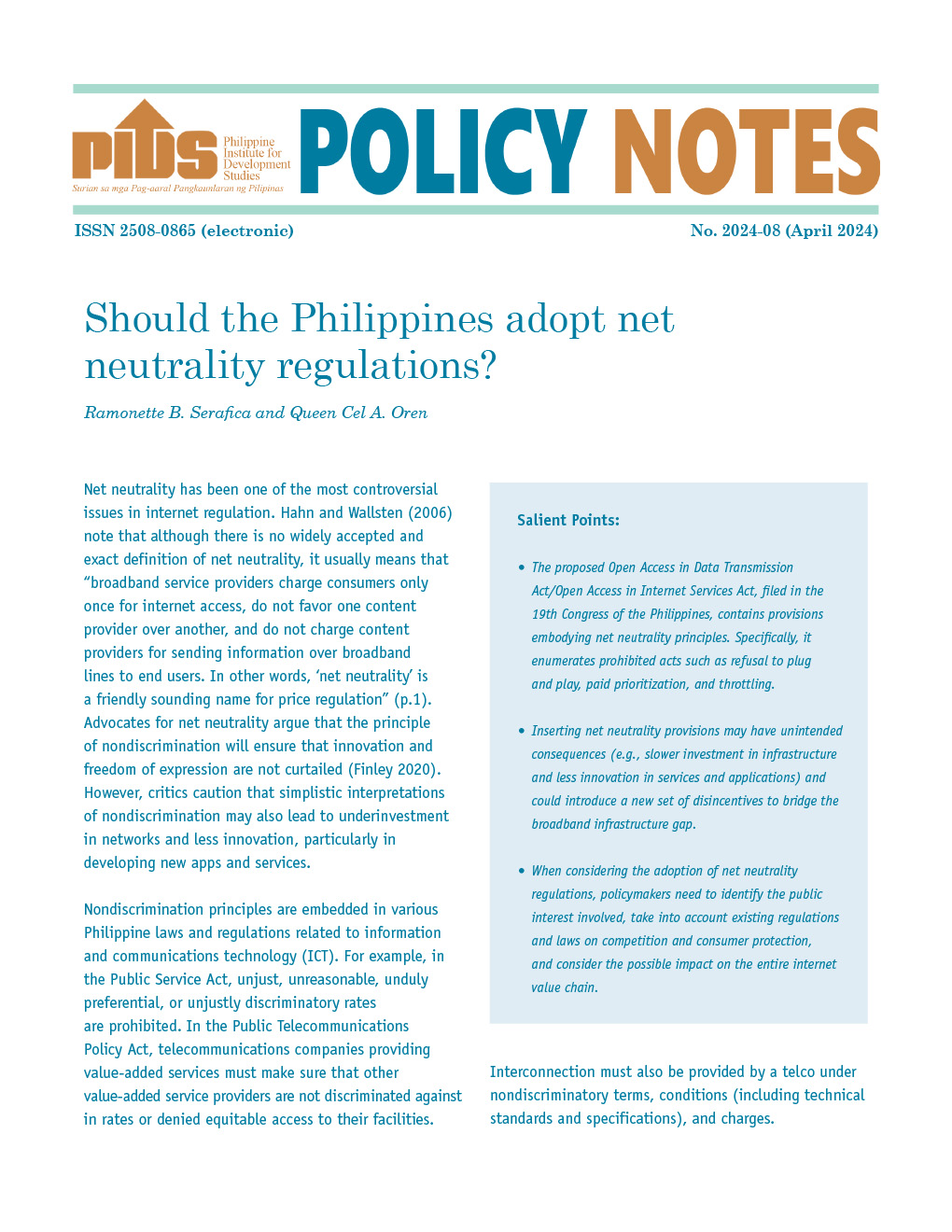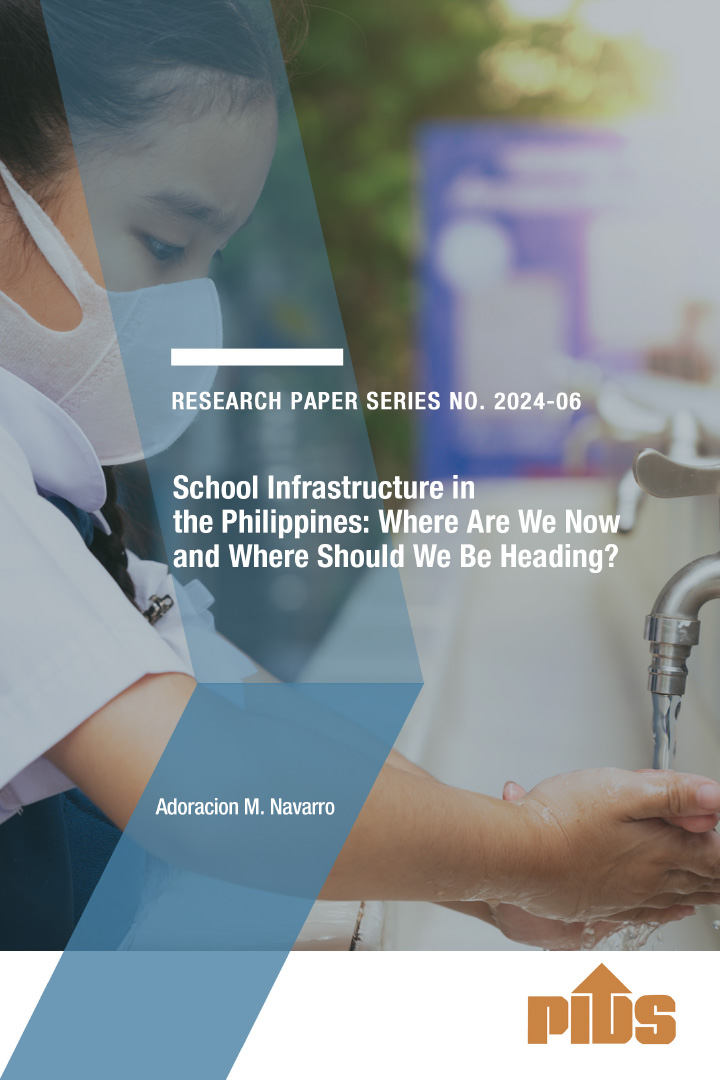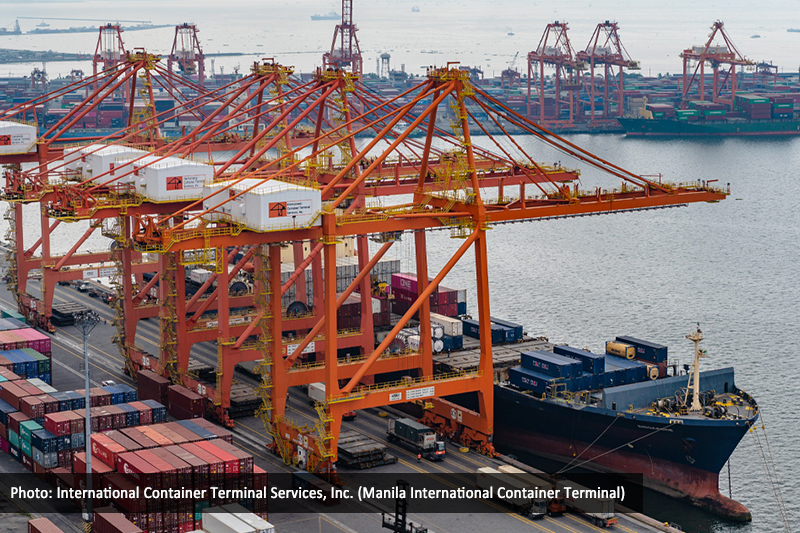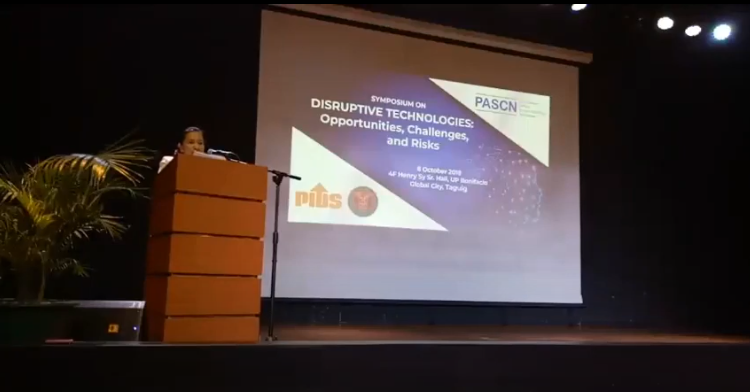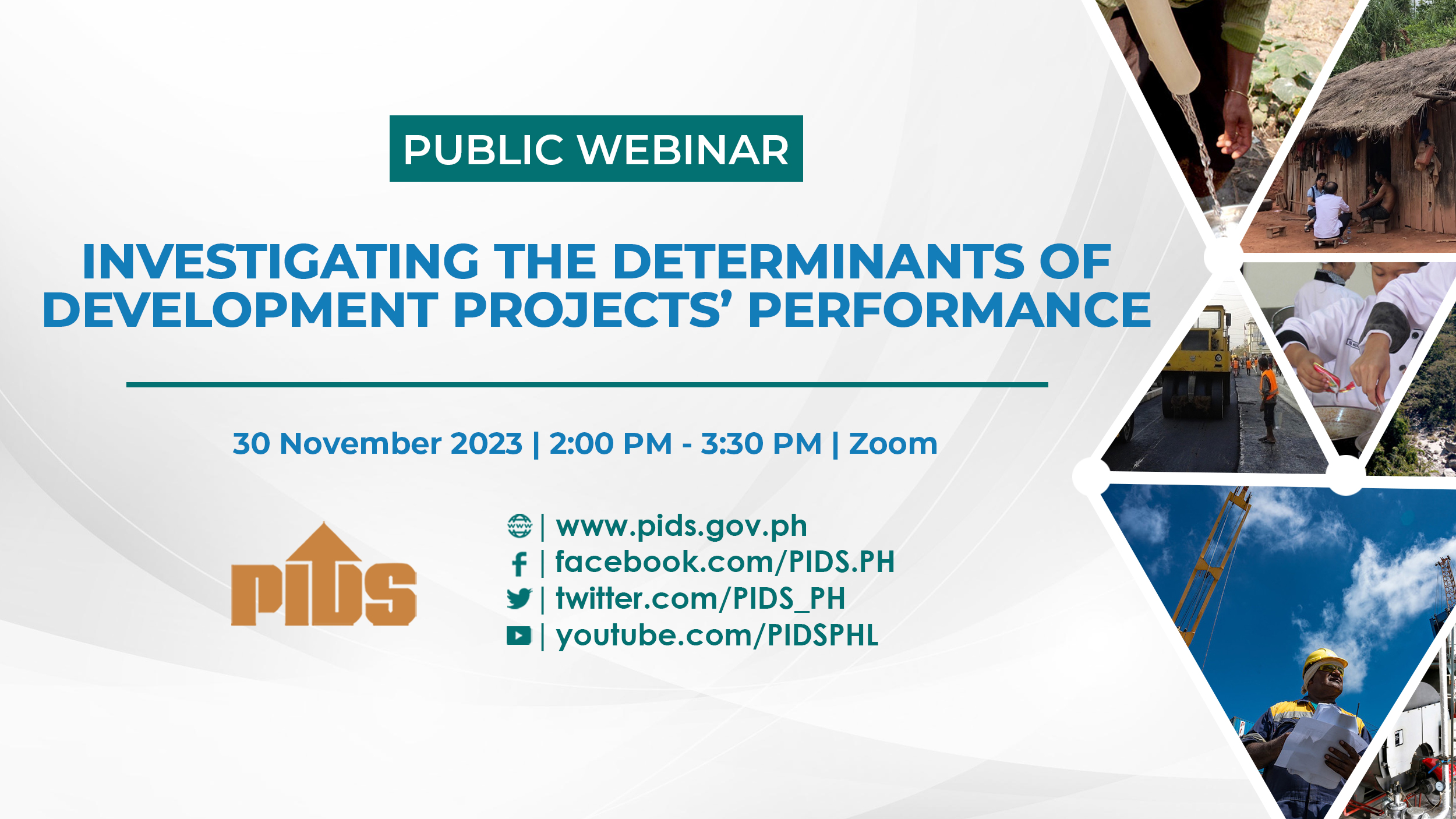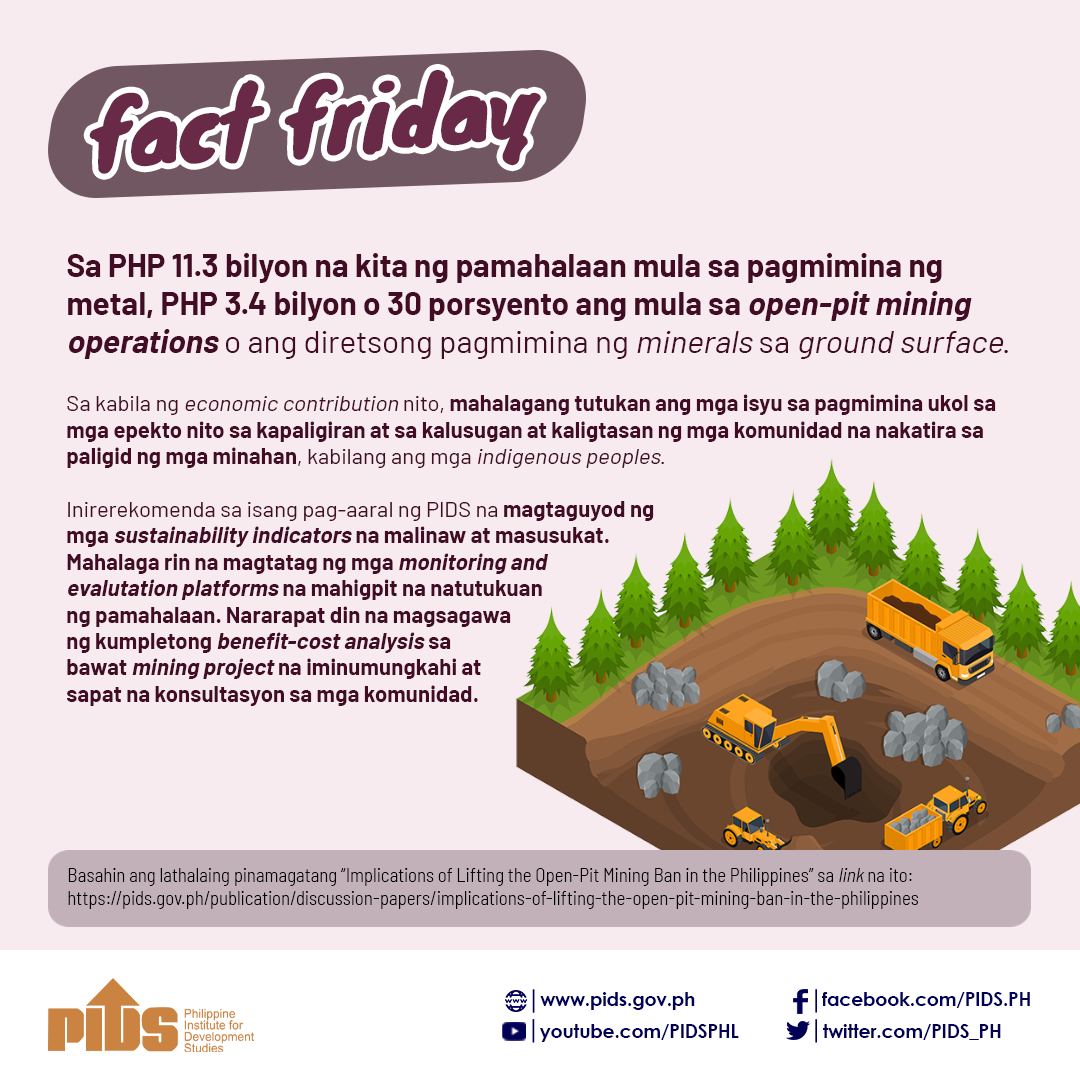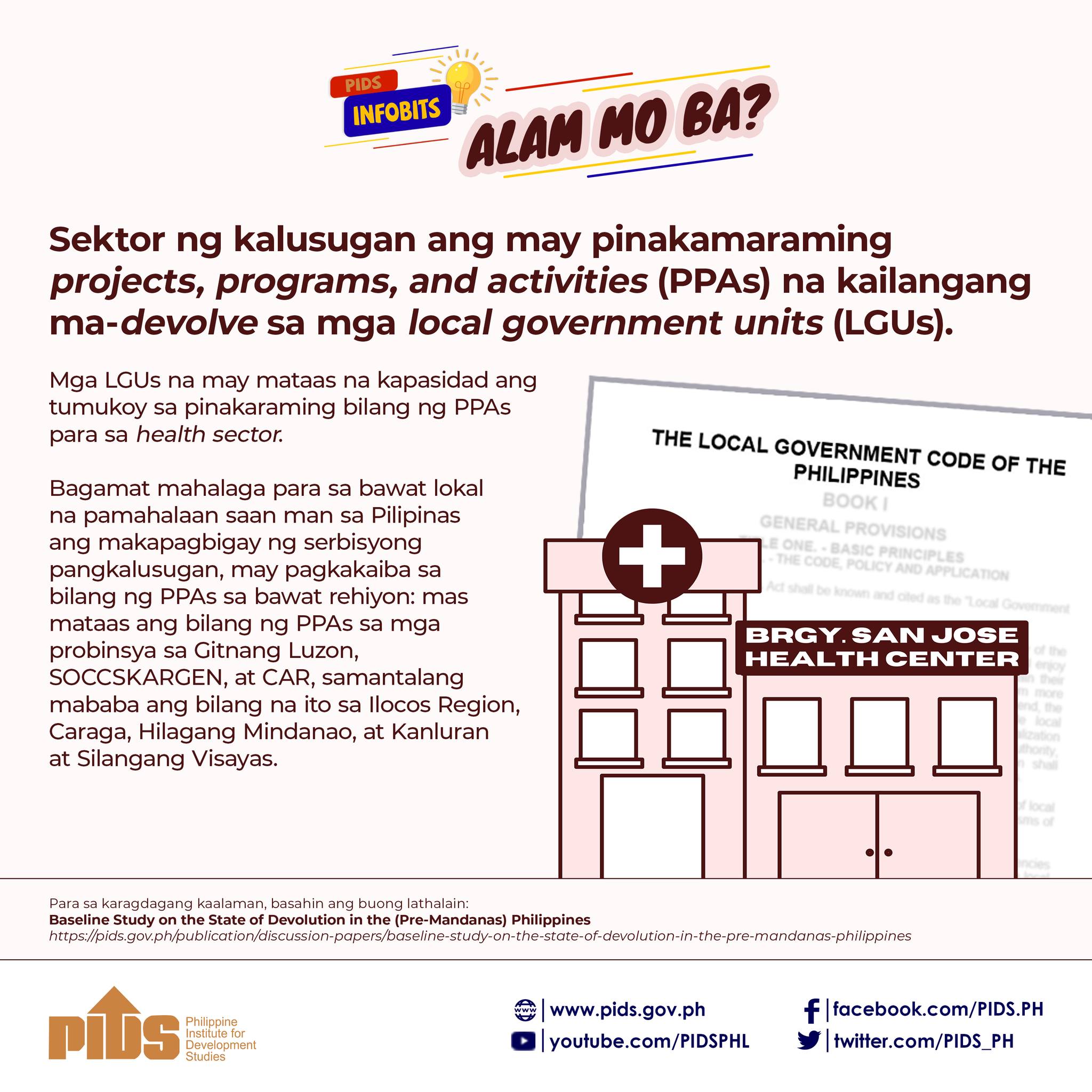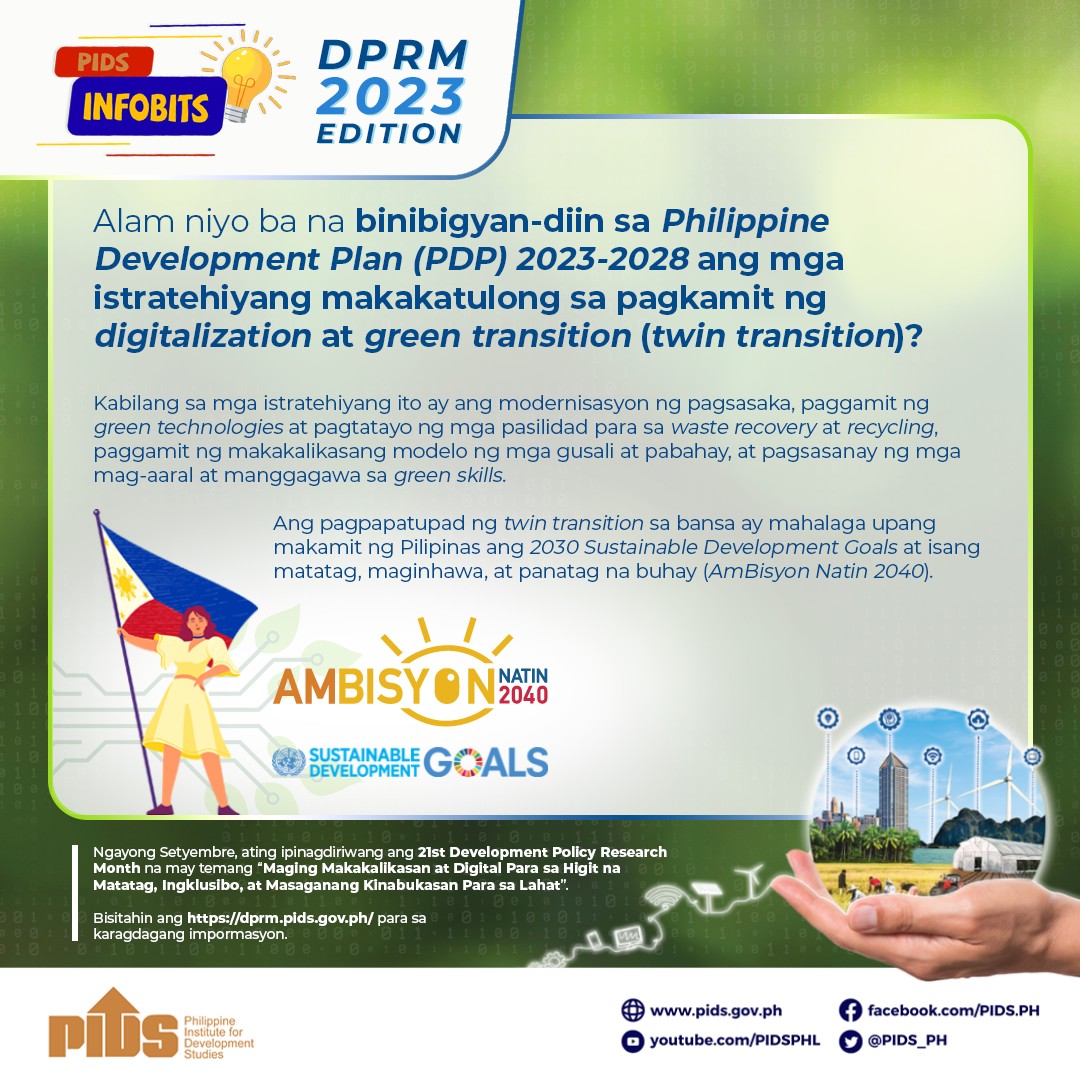Infrastructure flagship projects under the government’s ‘Build, Build, Build’ (BBB) program are responsive to the Philippine Development Plan’s (PDP) targets for 2017-2022.
This is according to a study of state think tank Philippine Institute for Development Studies (PIDS) titled “Review of the ‘Build, Build, Build’ Program: Implications on the Philippine Development Plan 2017-2022.”
Author Janet Cuenca, a former research fellow at PIDS, said the BBB program is particularly responsive in the areas of “information and communications technology (ICT), transport and mobility, water resources, and power and energy.”
Among the ICT-related projects being implemented under the program include the Luzon Bypass Infrastructure Project and the National Broadband Program.
Through the Luzon Bypass Infrastructure, an ultra-high- the Philippine’s broadband speed is still far below global standards.
Another government priority under the BBB program is to improve the transport sector.
A 2019 NEDA report noted that the improvements in the transport sector resulted in the “reduction of travel time and increased of mobility.”
There are six ongoing major irrigation projects as of 19 August 2020.
For instance, the opening of the Binalonan to Pozorrubio Section of the Tarlac-Pangasinan-La Union Expressway or TPLEX has reduced travel time from 150 minutes to 45 minutes from Tarlac to Pozzorubio.
In terms of water resources, the government has invested in establishing and rehabilitating small-scale and community-based irrigation projects to “improve productivity and ensure the sustainability of the agriculture sector.”
Cuenca said that there are six ongoing major irrigation projects as of 19 August 2020. Among the biggest irrigation projects include the Jalaur River Multipurpose Project-Stage II in Iloilo (with an estimated cost of P14.8 billion) and the Balog-Balog Multipurpose Project-Phase II in Tarlac (with an estimated cost of P13.4 billion).
According to Cuenca, the Jalaur River Multipurpose Project-Stage II is envisioned to benefit 22,000 farmers and their families by providing irrigation water to five existing irrigation systems in 23 municipalities and two cities in the province of Iloilo.

